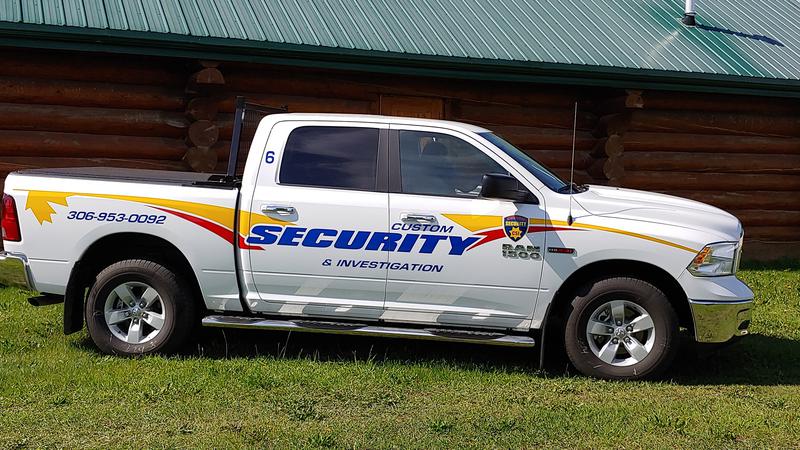
Barriers continue for those seeking residential school documents from P.A. Diocese
While a search for residential school documents from Prince Albert is hitting many obstacles and leaving some frustrated, the local Diocese says it’s doing what it can to help.
On Oct. 25, Saskatchewan’s Treaty Commissioner was asked to speak in front of the Senate Committee for Indigenous Peoples. There she relayed the difficulty her office has had obtaining documents for four residential schools: St. Michael’s in Duck Lake, Beauval, Delmas, and St. Anthony’s in Onion Lake.
Mary Musqua-Culbertson, the Treaty Commissioner for Saskatchewan said the Senate Committee has been investigating barriers to accessing documents and supporting communities that have residential school sites or are in charge of GPR (ground penetrating radar) projects about missing children and unmarked graves.
The request to access these documents first started in June 2021, following the discovery of 215 possible unmarked graves at the former Kamloops Indian Residential School site.


